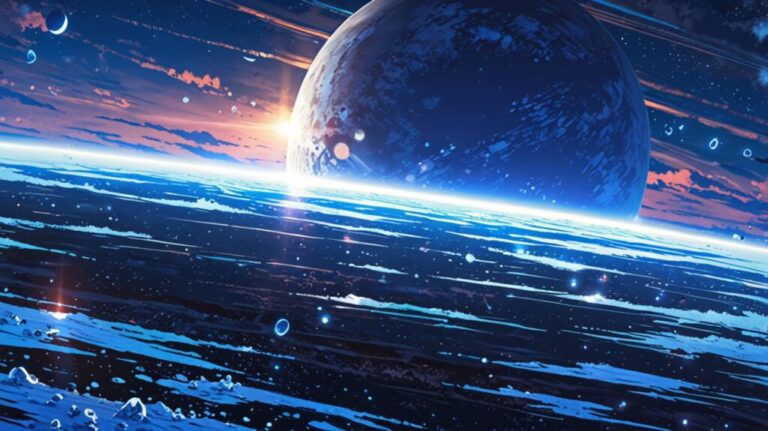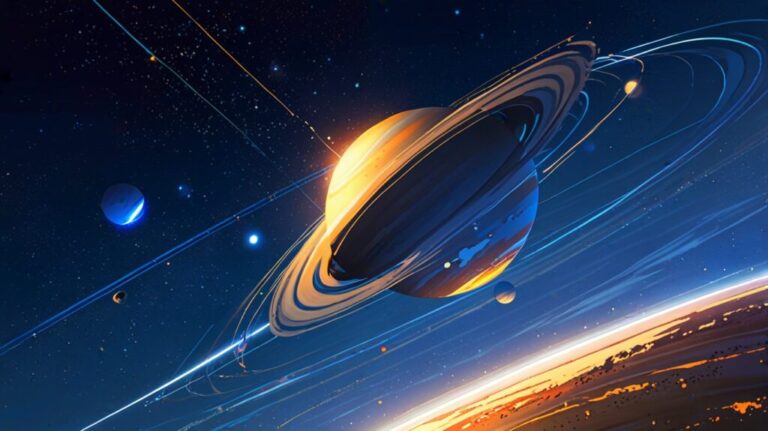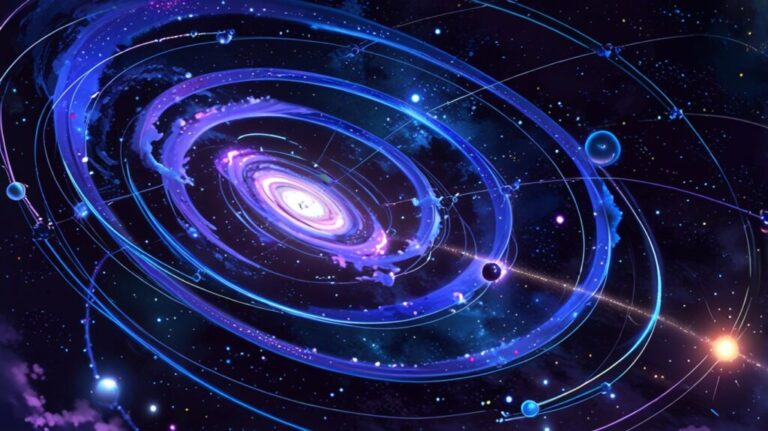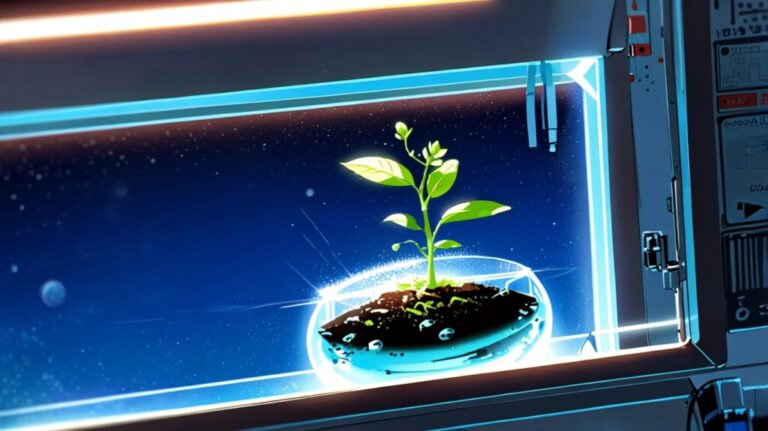Can Frozen Water Exist Beyond Our Solar System?
Can Frozen Water Exist Beyond Our Solar System?
Okay, picture this: somewhere far, far away — like, really far — there’s a planet orbiting another star. It’s cold, lonely, and covered in frozen water. Sounds like a scene from a sci-fi movie, right? But here’s the twist: it might not be fiction.
That brings us to today’s big, kinda poetic question:
Can frozen water exist beyond our solar system?
Short answer? Yes, absolutely.
Long answer? Buckle up — this one’s a chilly cosmic ride, and I’m about to explain it the way I would if we were just lying under the stars and talking about life and the universe and how crazy it all is.
First, Let’s Get the Basics Down
We all know water, right? The most “normal” thing on Earth — but actually kind of magical. It can be a liquid, a gas, or a solid (hello, ice). It covers most of our planet, runs through our bodies, and probably splashed out of your cup this morning. But here’s the thing: water doesn’t belong just to Earth.
Astronomers have found water — in some form — all over our own solar system:
- Europa, one of Jupiter’s moons, has an icy shell with a possible liquid ocean underneath.
- Enceladus, a moon of Saturn, literally shoots water vapor out of its surface.
- Comets are basically cosmic snowballs.
- Even Mercury, the planet closest to the Sun, has ice in permanently shadowed craters.
So if we’ve got frozen water this close to home, is it really that wild to think it might be out there, too — orbiting some distant star we’ve never seen up close?
What About Beyond the Solar System?
Here’s where things get exciting. In the past few decades, we’ve discovered thousands of planets outside our solar system — we call them exoplanets. Some are big, some are small, some are scorching hot, and some are freezing cold.
Many of these exoplanets orbit far from their stars — too far for liquid water, but perfectly suited for ice.
And even better? We’re not just guessing. We’ve detected water vapor in the atmospheres of several exoplanets already. That means water exists out there — which makes frozen water extremely likely, especially on the darker, colder parts of these planets or their moons.
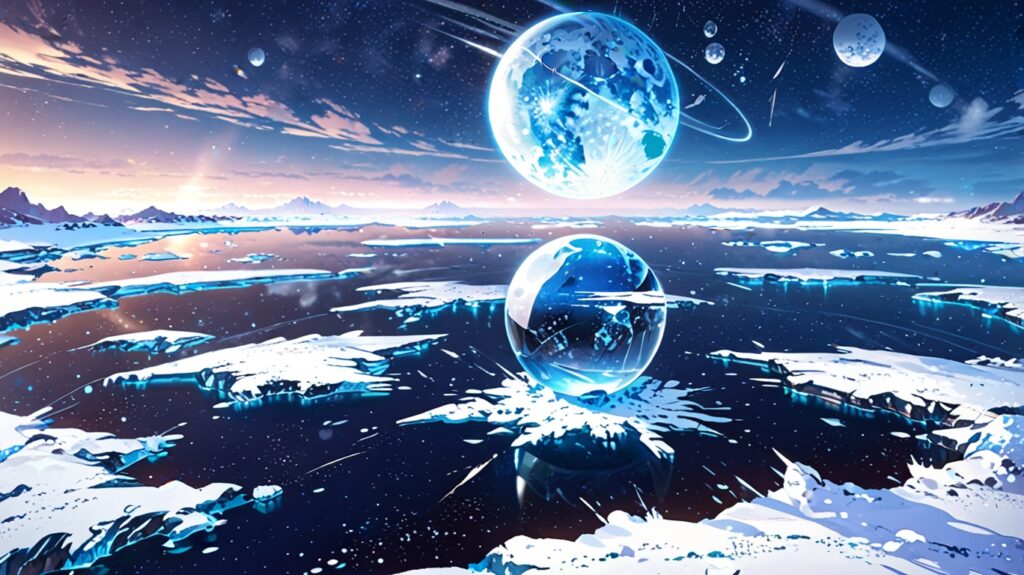
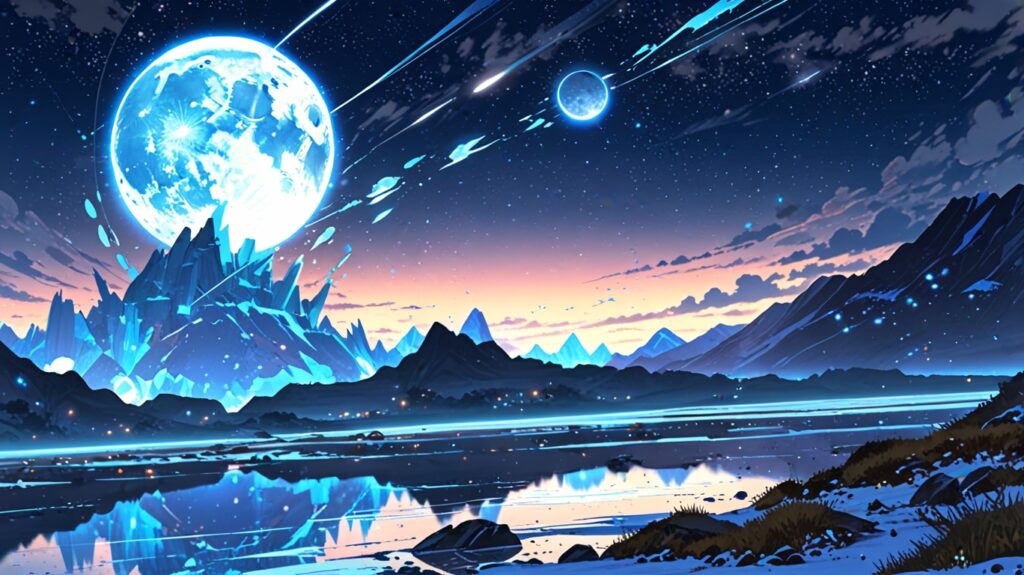
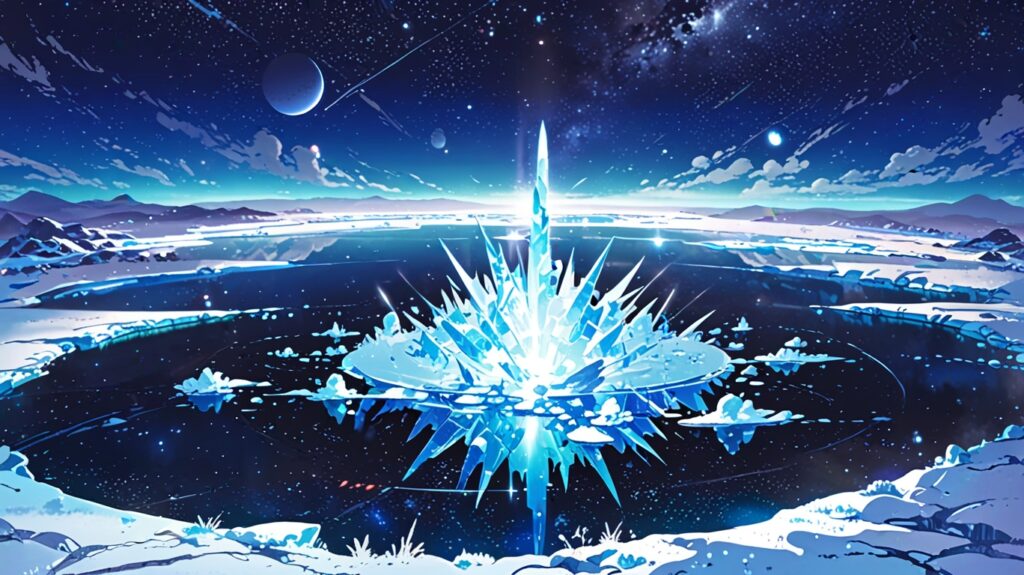
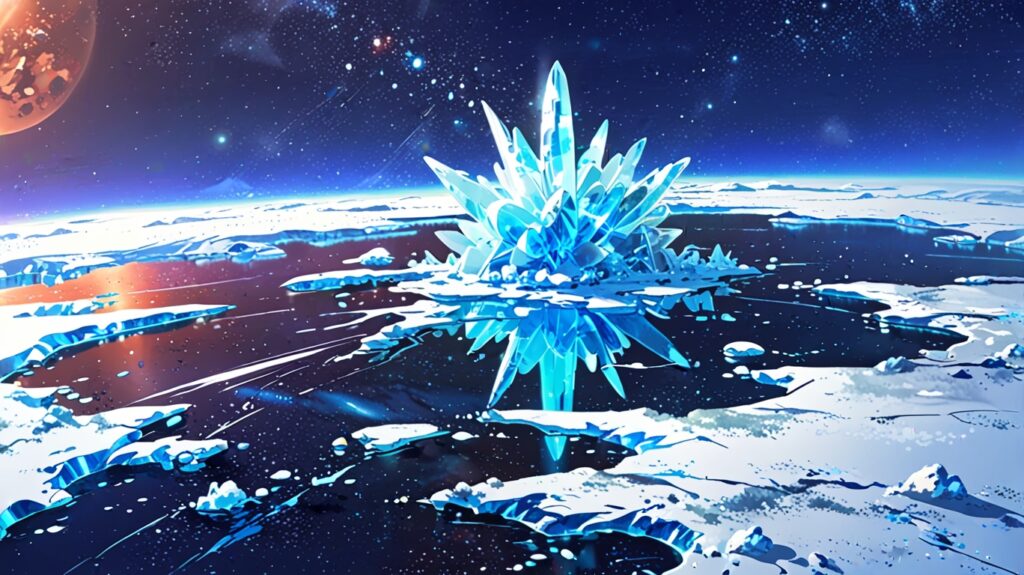
Ice Isn’t Just Sitting on Planets
Nope. Out in space, water can freeze on:
- Dust particles in space clouds
- Asteroids and comets
- Even free-floating icy planets that drift through the galaxy without a star
That means frozen water could be hiding between the stars, not just on planets. Whole chunks of cosmic ice just vibing out there in the dark.
And scientists have seen the spectral fingerprints of water ice in distant debris disks — which are kinda like cosmic junkyards where planets are forming. So yeah, ice is out there. It’s everywhere.
Why Does This Even Matter?
Great question. It’s not just about finding pretty ice sculptures in space. Water — even frozen water — is a huge deal in planetary science and the search for life.
Here’s why:
- Water = Habitability
Frozen water could mean there was, or still is, liquid water underneath. And where there’s liquid water? Life could exist. We don’t know for sure, but on Earth, life always seems to pop up wherever there’s water. - It Tells Us How Planets Form
Ice plays a big role in shaping planets and moons. It helps explain how gas giants get so big, how moons form around them, and how planets get their atmospheres. It’s like space glue during the messy birth of a solar system. - It Might Be Fuel for the Future
For future space missions — or even space travel to other stars — finding ice could mean finding water to drink, oxygen to breathe, and fuel to burn. Like tiny galactic pit stops made of ice.
But Is It Really Frozen?
So here’s the fun twist — “frozen water” in space isn’t always what we imagine. It’s not neat cubes of ice floating like in your drink. It’s more like icy grains stuck to dust, or hard crusts of frozen vapor, or buried glaciers under alien skies.
Also, in some exoplanet environments, water might freeze at way lower temperatures than here, depending on the pressure and atmosphere. Or it might exist in weird slushy forms we haven’t seen before. Space is weird like that.
But in the end? Yeah. Ice is out there. It’s not just a human thing, or an Earth thing. It’s a universe thing.
Final Thoughts
So, can frozen water exist beyond our solar system?
Absolutely. In fact, it probably does — in more places, and in more ways, than we’ve even imagined. The universe is cold and vast and full of icy secrets waiting to be uncovered.
And every time we find water — even frozen — it’s a sign that the universe might not be so empty after all. It’s a reminder that the same ingredient that fills our oceans and boils on our stoves and falls from the sky is also drifting through galaxies we haven’t even seen.
It makes space feel a little less alien — and a little more like home.
Related Articles from EdgyThoughts.com:
Why Emotional Intelligence Is Finally Being Taught in Schools
https://edgythoughts.com/are-schools-teaching-emotional-intelligence-now
Is VR the Future of Classroom Learning?
https://edgythoughts.com/is-vr-the-future-of-classroom-learning
External Resource:
Learn more about water in the universe:
Water in interstellar clouds – Wikipedia


